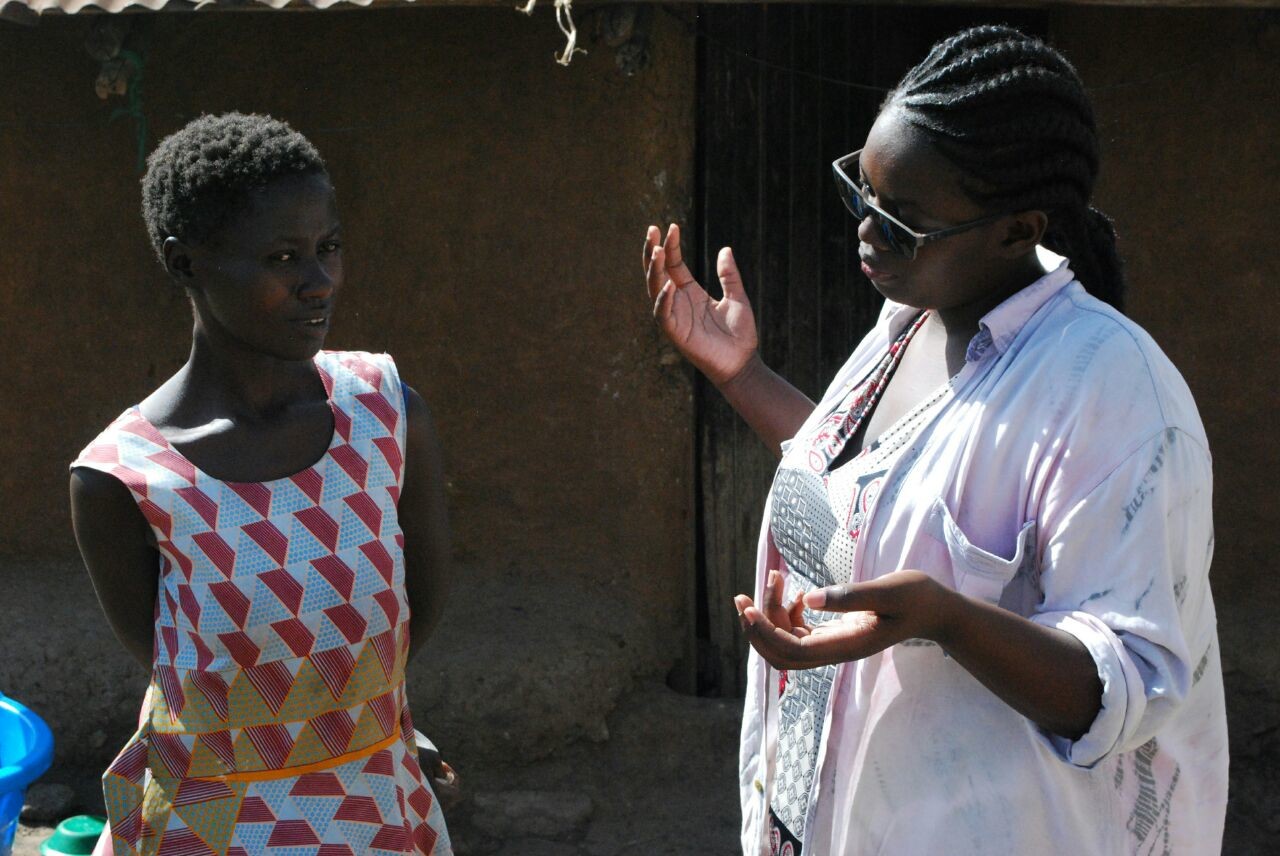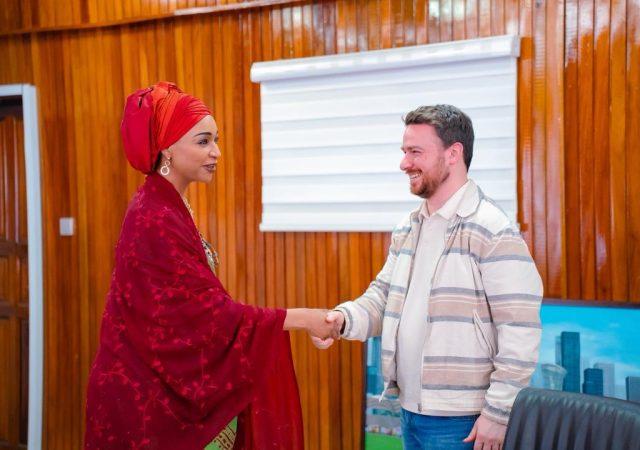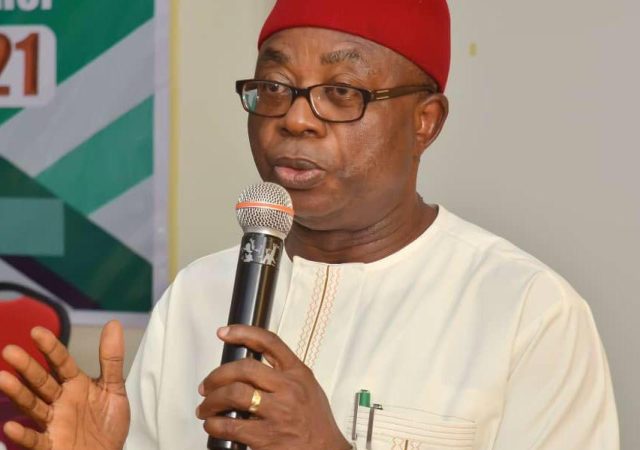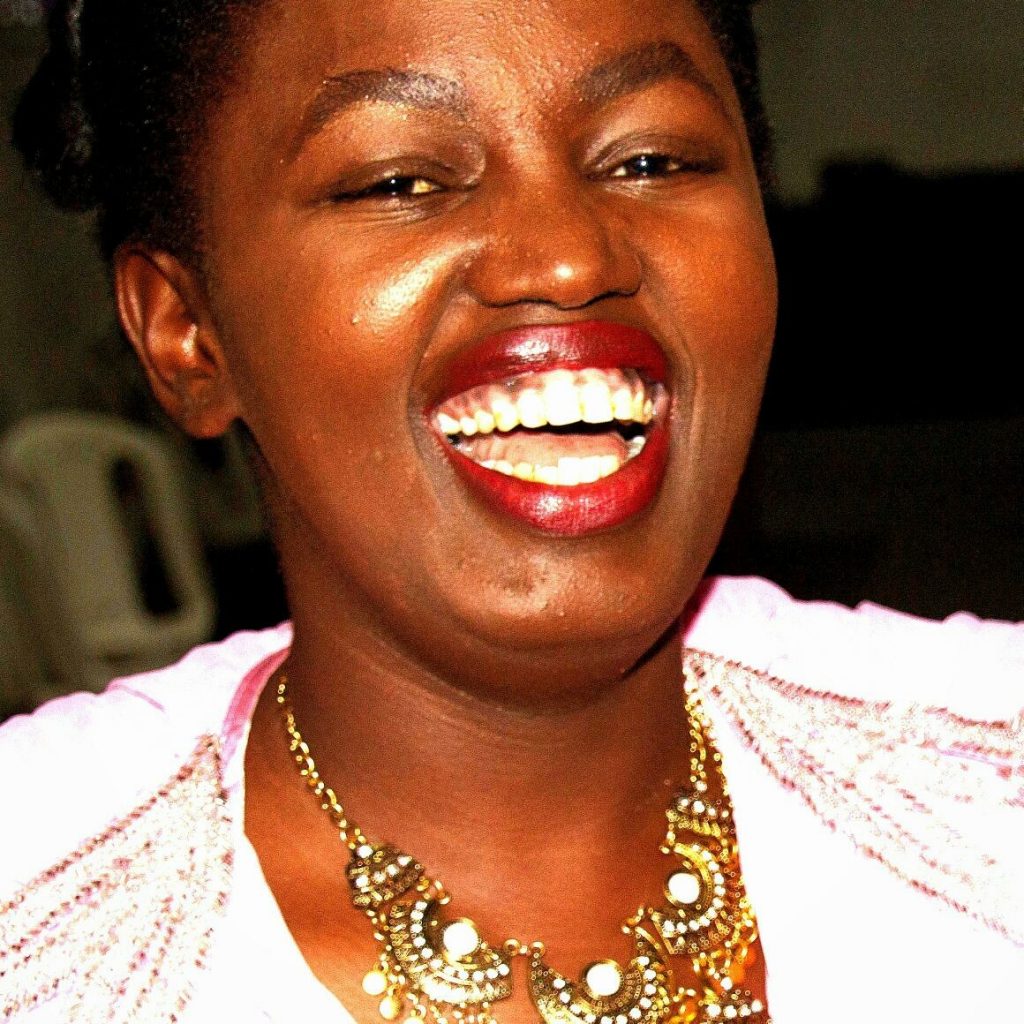
Akinyi Awora has over five years of experience in community development. Her focus is majorly on human centered educational development designs. She is extremely passionate about education and believes that sustainability can be achieved. It is for that reason that Akinyi has dedicated her life to the betterment of education systems not just within her country, Kenya but in Africa at large.
Akinyi is the Founder and the Chairperson of the Board of Directors of the Learning Growth Agency, a nonprofit organization based in Kenya.
She speaks to Green Savannah Diplomatic Cable on how she is impacting on the society in the area of education.
Excerpts:
Why alternative learning as NGO?
Most of the time when one talks of education, the mental picture created never goes beyond a teacher and a class full of students. As a matter of fact, most education systems in Africa are more quantity than quality based. We consider test results without considering the process via which these results are achieved. This cumulative ignorance of the quality of education has led to Africa’s inability to produce a competent workforce. In addition to the persistent issue of lack of access to education we also have the issue of increasing rates of school dropouts. All these combined result into the current learning crisis scourging not just Africa but the entire world.
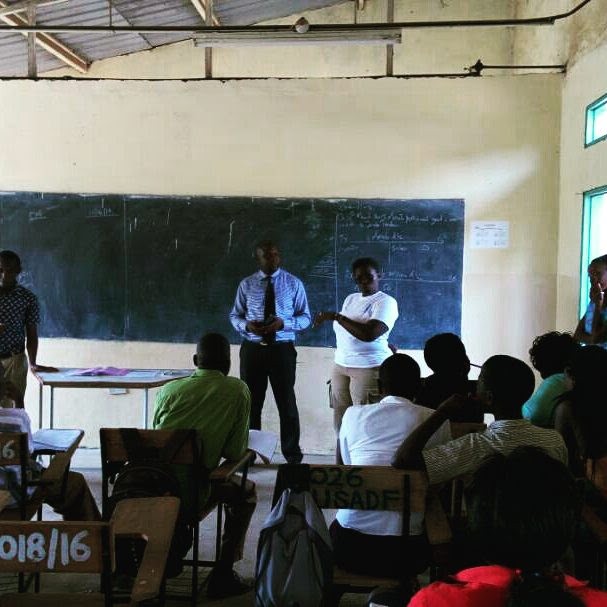
Alternative learning and adult education were thus solutions to these problems in the education sector. Adult learning classes ensure those who drop out get a second chance at school only with a more conducive environment. Alternative learning systems are created from a human centered design approach. The needs of the students inspire the mode of learning which they study under. Alternative pathways to educational success are needed at every step of the way, ranging from essential intervention and prevention strategies in the early years, to a multiplicity of high-quality alternative options within mainstream 8-4-4 systems at the middle and high school levels, and finally to avail the opportunities outside of the mainstream for those who have been unable to learn and thrive in the general education system.
What has been the challenges?
Of all the sectors considered in terms of development in Africa, education changes least. This is not only because we are still focused on creating access so much that those who already are in school do not get much attention. But then there is also the issue of commercialization of education which has led to schools watering down the learning process with drilling mechanisms meant to produce results regardless of whether or not the student is learning.
The Ministry of Education is not so much receptive to suggestions on policy changes therefore , it has been difficult to achieve change from the grassroots. In Kenya , adult education is not considered to be a ‘proper’ learning channel and is under the Ministry of Social Work rather than the Ministry of Education thus leaving organizations providing adult learning services under the mercy of regular institutions.
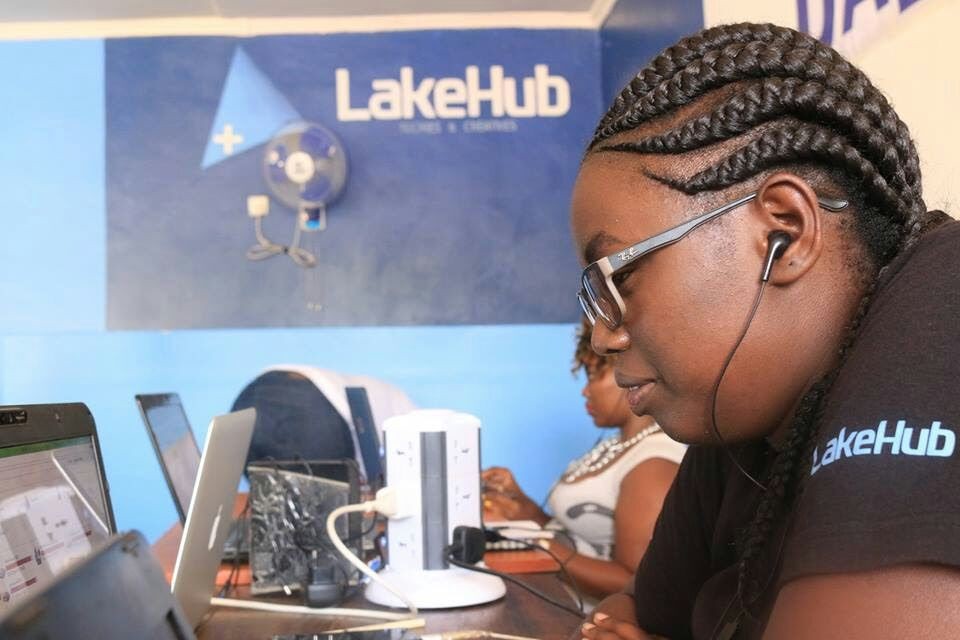
The concept of alternative learning systems is fairly new in the African education arena. Most of the services we offer are native to prestige schools but alien to the regular citizen.
Have you made any impact on the society?
At the Learning Growth Agency, we believe in education as a legacy. We therefore work towards ensuring everyone gets the chance to leave a legacy of education. We have been able to ensure over 200 out of school youth are provided with adult learning classes through which we currently have over 150 high school graduates. We provide curriculum support to three other centers of adult learning and have ensured the transition of over three hundred youth to vocational and technical tertiary training institutes.
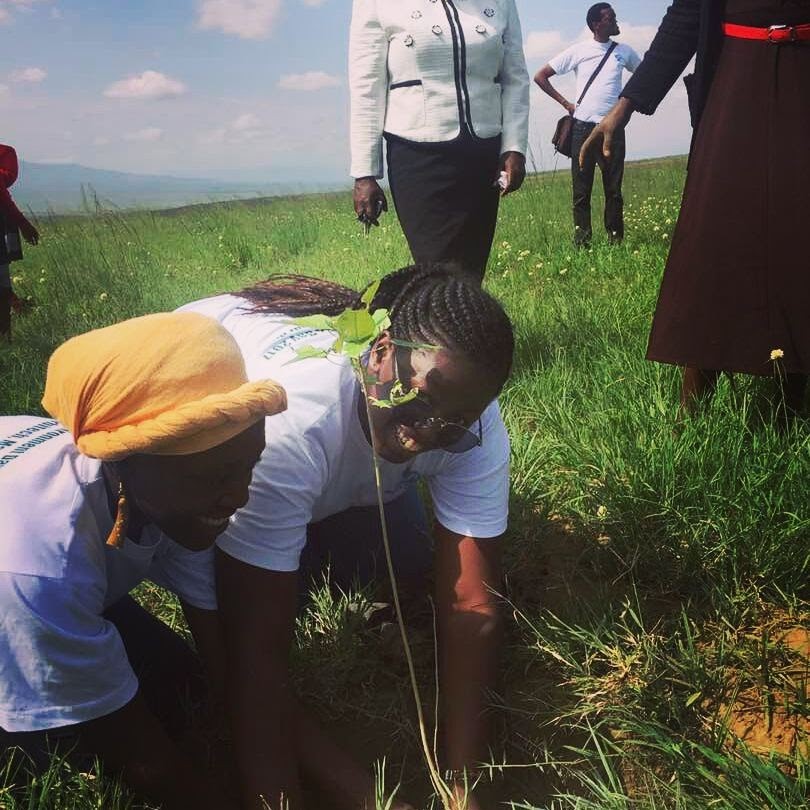
In what areas do you need support
For there to be any significant changes in the education system, there has to be an aggressive advocacy structure in place. A single organization does not have the advocacy mechanism to push for policy repeal all on its own. We therefore need support in pooling advocacy campaigns for the repeal of education policies in Kenya.
In order to ensure the productivity of our programs, we partner with organizations in the country in terms of workforce development. This ensures the practicality of the learning programs our beneficiaries go through. We are therefore in need of organizations willing to invest in workforce development.
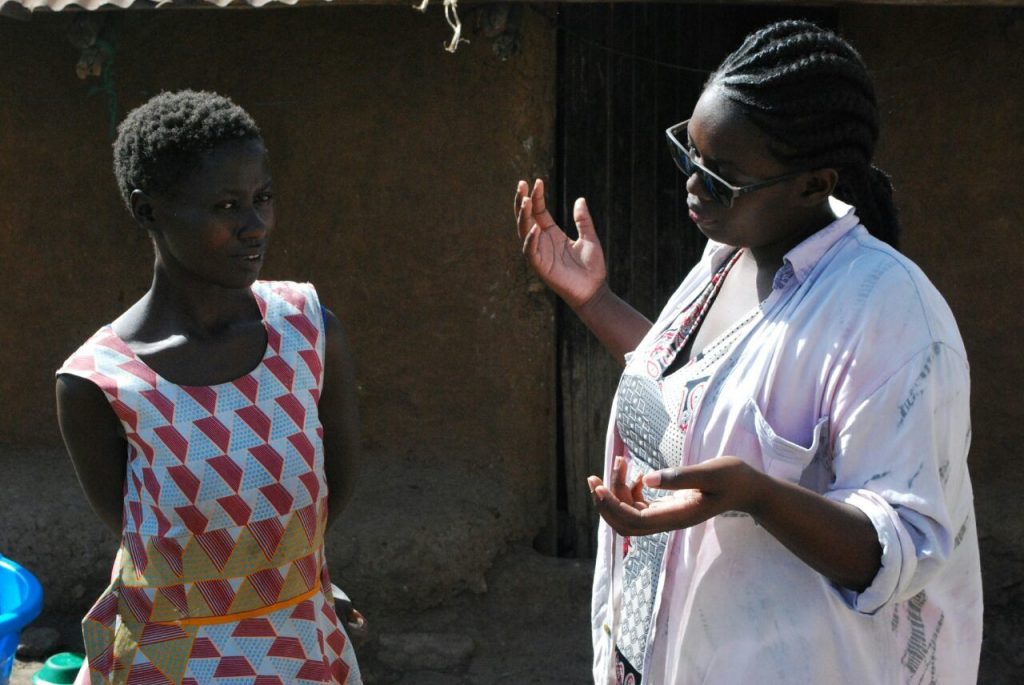
Our students are always in need of support, most of the out of school youth drop out due to lack of school fees and so the organization shoulders a percentage of the fees required for adult classes. We therefore are always welcome to donations to support the same.
What would you like to achieve in 2018?
We intend to increase our workforce development quotient. This will be achieved through our skills training program for both out of school youth and jobless graduates. We work on filling the gaps left in these youth by the regular education system thereby making them competitive in the labor market.
We will also be opening two new centers of adult learning and starting supplementary training sessions aimed at rehabilitating the mindset of these students from believing themselves to be throwaways to their finding their place in society.
Eventually, we would like to have the inaugural Centre for Adult Learning and Alternative Education in Kenya. To have a place dedicated solely to issuing second chances, building a competent workforce and reviving Kenya’s legacy of education. A place recognized by the Ministry of Education as to be giving a vital service in the field of learning and contributors to the rejuvenation of Kenya’s education policy.




